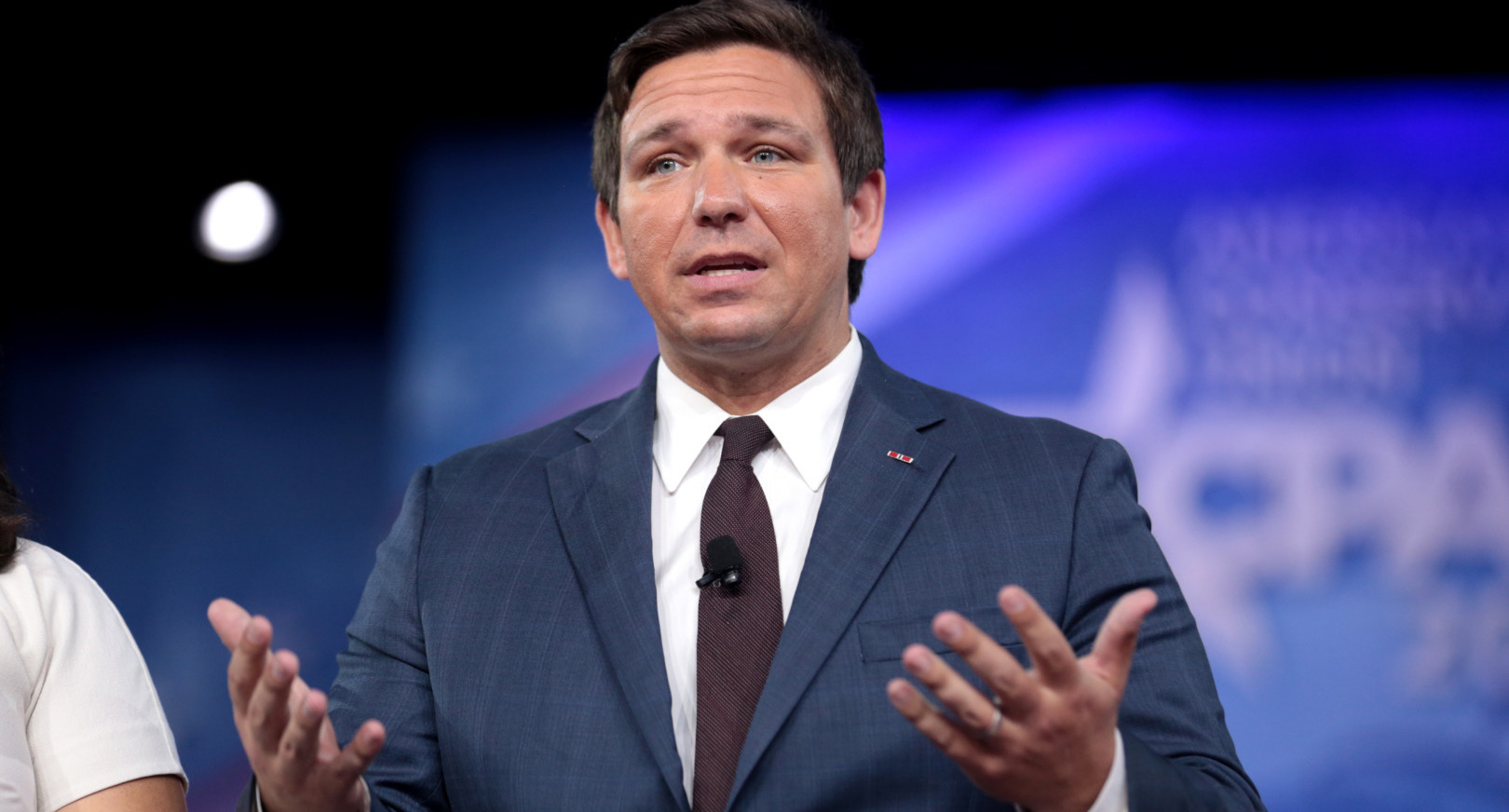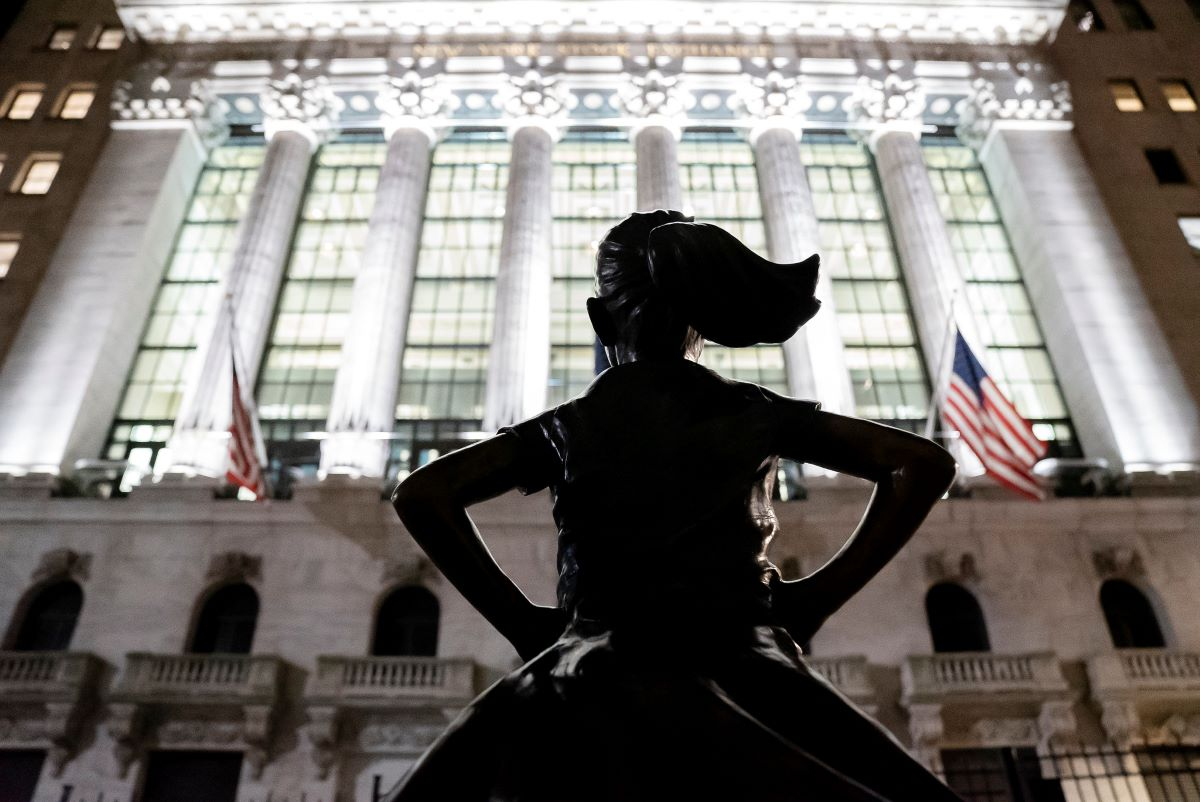




The City of London is being urged to abandon social activism before it causes further damage. Despite evidence that the Environmental, Social and Governance (ESG) movement is losing momentum, asset managers and banks continue to push for ethical compliance. Nestlé is under fire for not phasing out unhealthy snacks quickly enough, while Shell is criticized for scaling down its green targets. The ESG bubble has burst, with sustainable funds experiencing outflows and underperforming compared to standard equity funds. The City is being called to refocus on its core function of delivering returns to shareholders and staying within the law. [d22106f6]
Investors have withdrawn a net $40 billion from ESG funds since the start of 2024, representing the first year of negative flows. The trend is particularly pronounced in the United States, with American investors pulling $4.4 billion from ESG equity funds in April alone. BlackRock, once a prominent champion of ESG, has halved its ESG assets since 2021. The poor performance and scandals surrounding ESG funds, as well as attacks from U.S. Republicans, have contributed to the trend. ESG funds have seen diminishing returns, averaging just 11% compared to the 21% average return of conventional stock market funds over the past year. The sudden fall from grace is attributed to ESG funds launching too quickly and taking advantage of ESG marketing sentiment. The ESG movement initially focused on companies' environmental impact but shifted to left-wing social politics in 2020, leading to a backlash due to poor financial returns and weariness with identity politics. Elon Musk criticized ESG ratings for Tesla and questioned how tobacco companies could be deemed more ethical investments than electric cars. The falling returns for ESG funds have vindicated attacks from Republican elected officials and proven red state leaders correct in withdrawing their money from investment banks that embrace ESG. While ESG investing remains powerful, recent cash outflows suggest the movement may soon face financial challenges. [0f976917]
Investors are reducing exposure to sectors like renewable energy and electric cars due to concerns over the costs and speed of efforts to curb emissions. The anti-green trend in the 2024 global election-supercycle is impacting environmental, social, and governance-focused assets. Clean energy firms have been affected by the uncertainty over the transition away from fossil fuels and tougher political rhetoric. Marine Le Pen's far-right National Rally leading polls in France and the potential withdrawal of the US from the Paris Agreement are contributing factors. Hedge funds are betting against renewable energy ETFs, and some asset managers are reducing holdings of EV stocks and renewable energy. Utility stocks are gaining prominence amidst shifting policies and investor sentiments. [f4280b61]
Republicans are boycotting ESG, equating it with the radical progressive world. Governors of Florida, Louisiana, and Missouri pulled $3 billion in sustainable investments from BlackRock. President Joe Biden vetoed a Republican legislative proposal to prevent pension fund managers from considering climate change in investment decisions. Confidence in sustainable investors is rising despite outflows from sustainable funds. The Inflation Reduction Act allocated $370 billion to boost green investments. Joe Biden's achievements in the US economy may mark the end of the crusade against sustainable finance. [0cdf836d]
A recent PwC survey revealed that less than half of US corporate boards include ESG in their agendas, and only 10% of board members equate ESG with sustainability. This political polarization in the US sharply contrasts with Europe’s more unified view on ESG. The Draghi Report, released in mid-September 2024, highlights the EU's leadership in clean technologies, while over 165 anti-ESG bills were introduced across 37 states in 2023. Currently, 26 states have enacted restrictions on ESG factors. Despite this, public opinion increasingly supports climate action, reflecting broader cultural divisions in the US. The ESG debate has become a significant political battleground, with Republicans labeling it as 'woke capitalism' and framing it within the context of cultural and political identity. [eb53e803]